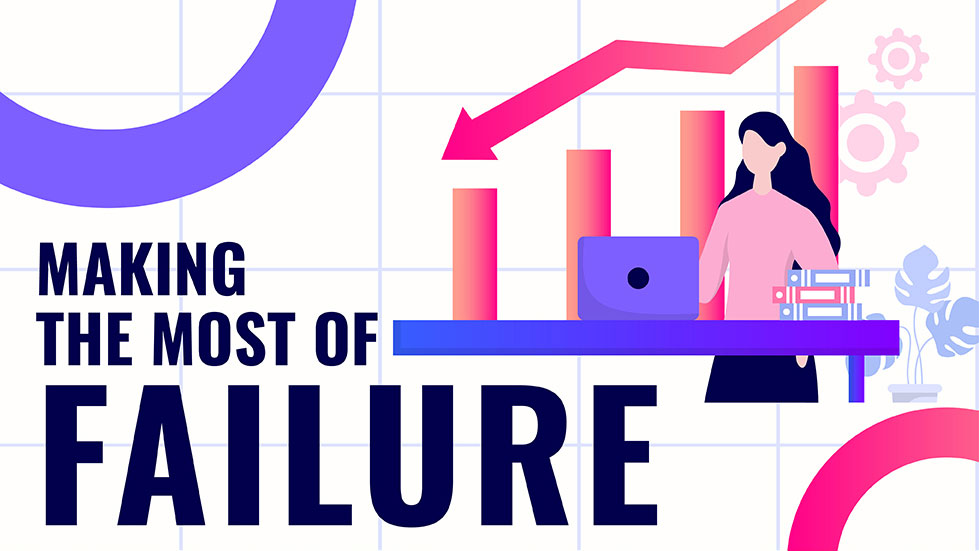
You know your office could be doing better. It’s not that things are that bad. But intuitively, you have that nagging feeling that there is room for improvement.
So, you decide to do your homework, conduct your research. Maybe you attend a continuing education lecture on improving your business operations. Or perhaps you find some online webinars that really hit home.
Maybe you are all in—you make the big investment to hire a coach, someone who takes the time to get to know you, your passion, and what you want for your vision. They study your practice, study your team and your processes.
The day comes when they are prepared to make their recommendations for improving team performance, for delivering a more consistent standard of care, and for making your practice more profitable.
Then you hear that one team member speak up. The one you have been dreading.
“Why do we need to make that change? This is how we have always done it!”
Oh, those words. These are the words that kill momentum. They stifle change.
READ: Where is the AI future of dentistry?
And the people who utter that phrase—they are the ones who prioritize their comfort, their ease at work over your growth…over team growth, team improvement. And yes, even over finding ways to provide a better, more consistent level of care to your patients. And if you thought those people were an albatross around your neck in the past, it is only going to get worse going forward.
The reason for this should come as no surprise. We know the pace of change in our world is accelerating. Technology has pushed the envelope in ways some of us Gen Xers could never have imagined once upon a time.
I recently read how from 2015 to 2020, employees needed to update up to 25% of their skills every 18 months. That level of change seemed pretty rapid…something that made it essential to be constantly upgrading your skills.
But guess what? That level of skill turnover is expected to accelerate to the point that everyone will need to update 65% of their skills every 18 months in order to remain relevant in the workforce.[1] It won’t be enough to find team members who adapt well to change. Being adaptable won’t cut it. According to this author, you will want team members with a high level of elasticity when it comes to developing new skills, people who relish and thrive on change.
And that means no more “this is how we have always done it”!
Just remember though, doctor…elasticity in the face of change starts with you. You have to lead the way, encouraging your team to get excited about what needs to be done. The world is changing fast. Your patients expect you to keep up.
Are you ready to meet those demands? Are you ready to be elastic?
References
About the author

Shawn Peers is the President of DentalPeers. DentalPeers is one of Canada’s oldest, continuous operating buying groups exclusively for dentists.











